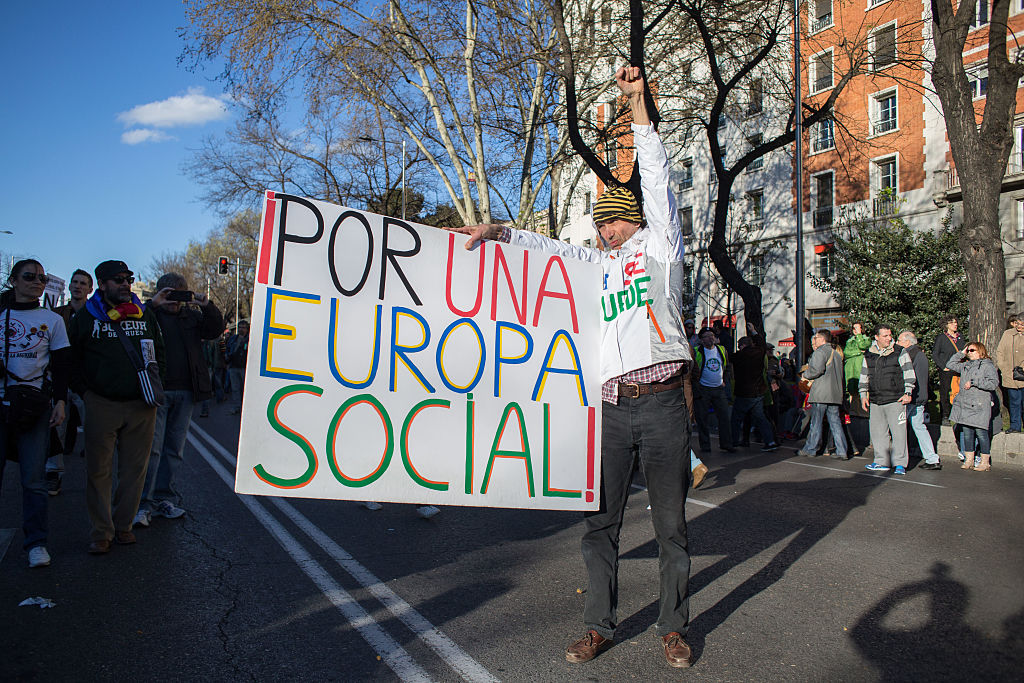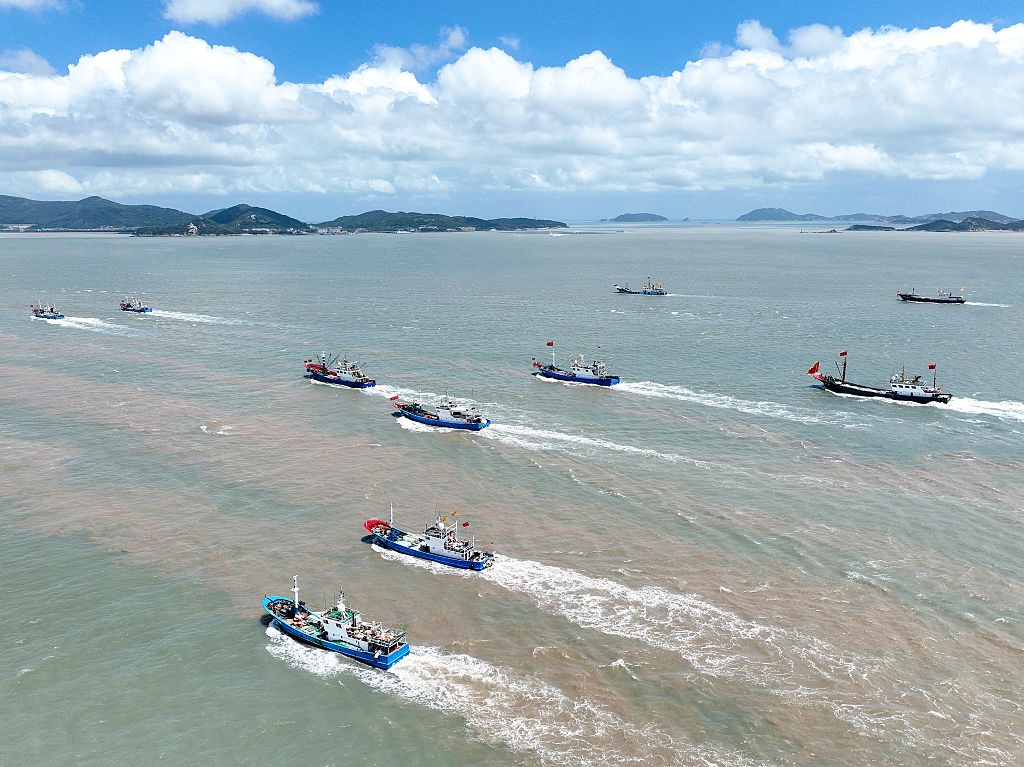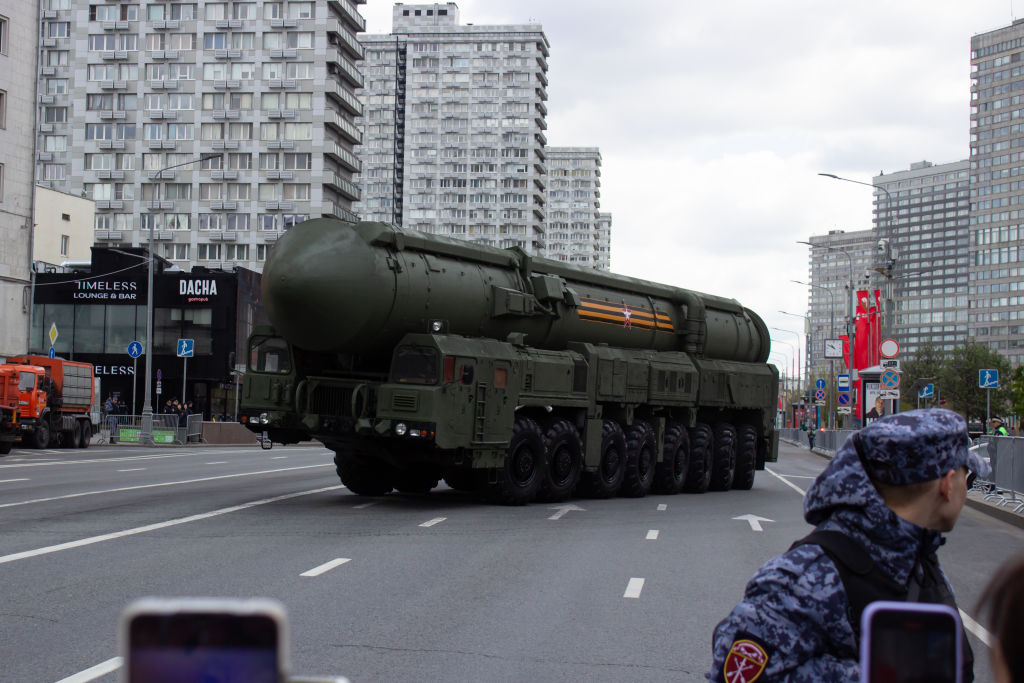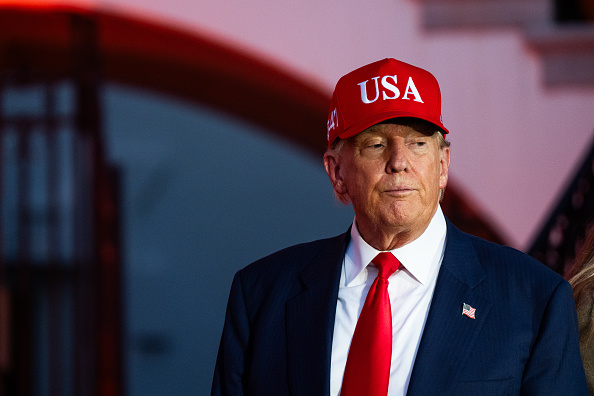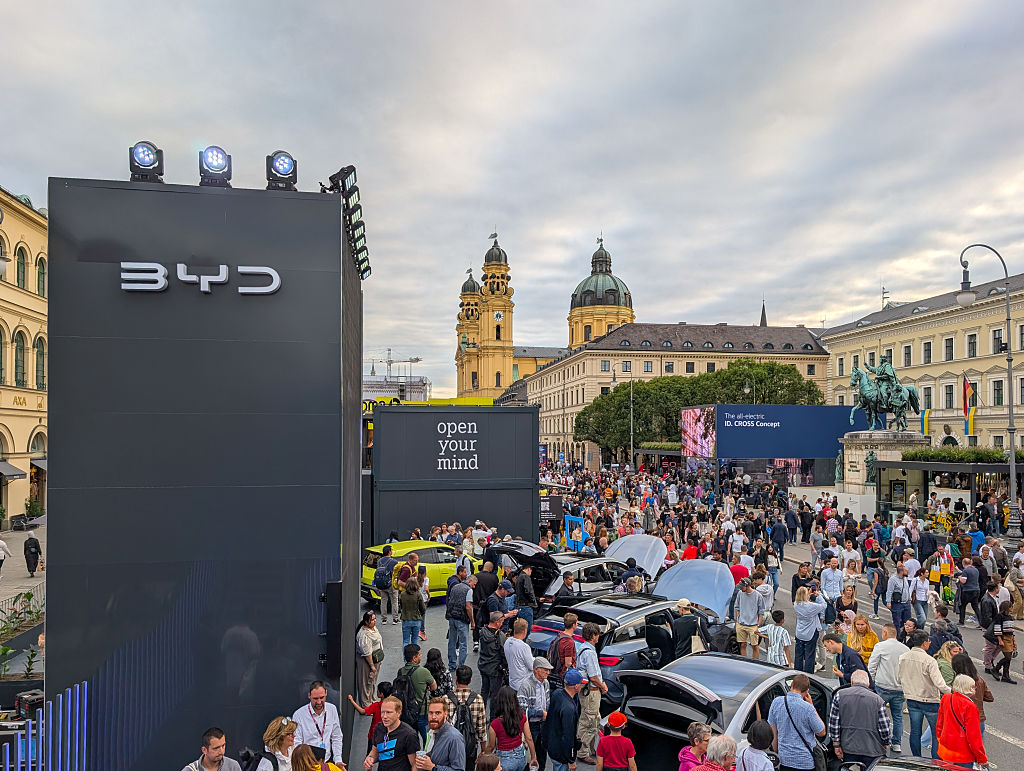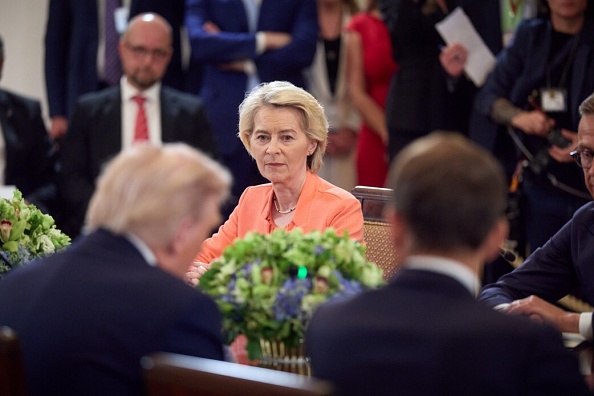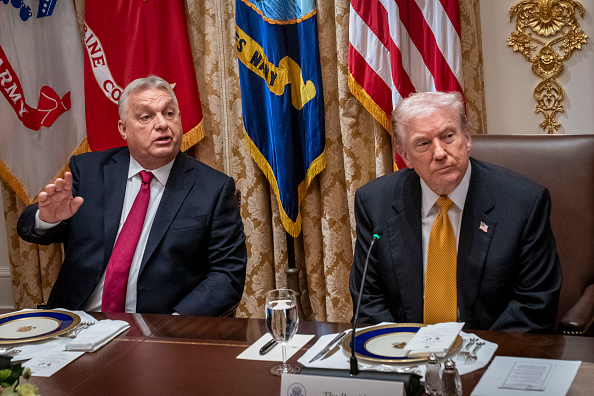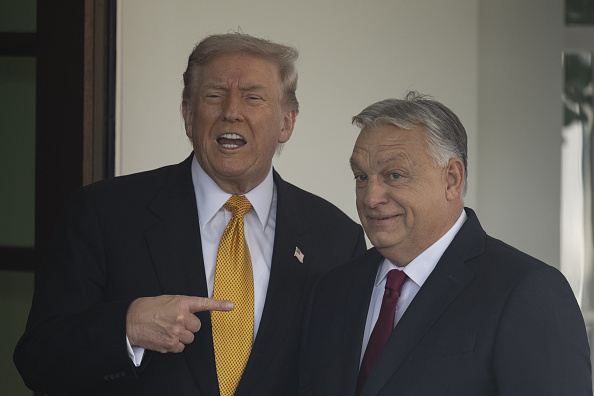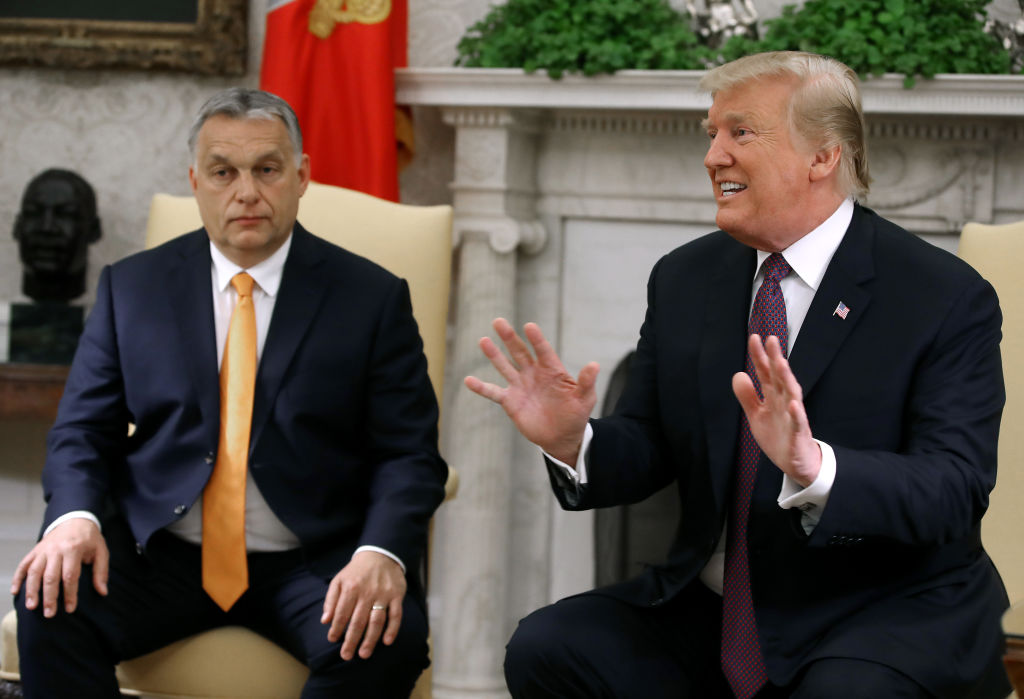Trump's Trojan Orbán
The president’s embrace of Orbán amounted to a public rebuke of the EU’s own leadership
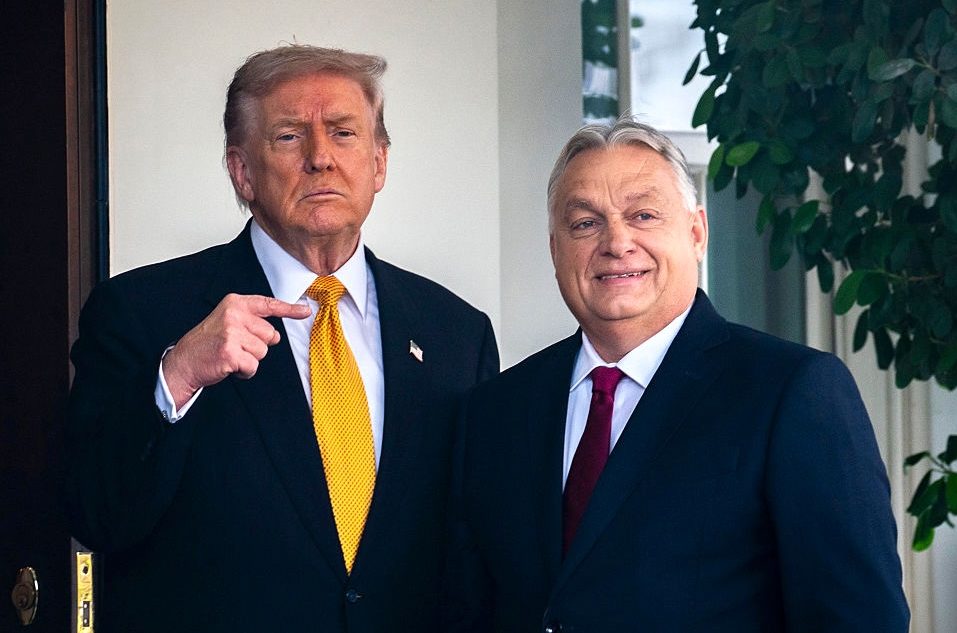
WASHINGTON – The meeting between Hungarian Prime Minister Viktor Orbán and US President Donald Trump at the White House on Friday was not just another photo-op for populists. It was a diplomatic slap in the face for Brussels – and a reminder that the European Union’s moral grandstanding counts for little when hard power and political will are in short supply.
The timing could hardly have been worse for the European Commission. With Hungary heading toward elections and still under EU funding freezes, Orbán arrived in Washington not as a pariah but as a guest of honour. While EU officials in the Berlaymont fret about “rule-of-law mechanisms,” Trump celebrated the Hungarian leader as the kind of man Europe sorely lacks – one who says what he thinks and does what he says.
“He’s respected by everybody,” Trump told reporters. “He’s liked by some. And I can tell you, I am a double: I like and respect him.” For the Brussels bubble, that line stung more than any policy announcement could.
Trump’s lavish praise – “He’s a very special person… and he’s a great leader” – was widely reported. Yet what few in Europe seemed willing to admit was that the president’s embrace of Orbán amounted to a public rebuke of the EU’s own leadership. Trump’s message was simple: While Brussels dithers, Orbán acts.
Trump’s words on immigration were particularly cutting.
“He was right on immigration; they were wrong,” Trump said. “I tell the leaders all the time: ‘You better stop or you’re not going to have Europe anymore.’ It’s a very dangerous thing they’re doing.”
Brussels officials will insist the meeting was about trade. True, Hungary left Washington with a US exemption allowing it to keep buying Russian oil despite new energy sanctions. But the more consequential development was political. Behind the scenes, Trump and Orbán appeared to forge a quiet understanding that stretches well beyond commerce.
Orbán spoke afterwards of a “financial shield” – a promise, he claimed, that Washington would help defend Hungary against any external economic attack. “Should there be any external attacks against Hungary or its financial system, the Americans gave their word that they would defend Hungary’s financial stability,” he said.
In Budapest’s view, the most likely attacker isn’t Moscow – it’s Brussels.
That alone tells you how far relations between Hungary and the EU have deteriorated. What began as a dispute over democratic norms has become an open contest of sovereignty and influence. And in Trump, Orbán has found a powerful ally willing to challenge the EU’s authority on its own turf.
The pair also touched on Ukraine – another sore point for Brussels. Trump mused that if he were to negotiate with Vladimir Putin, he’d prefer to do it in Budapest. Orbán “understands Putin and knows him very well,” Trump said. “I think Viktor feels we’re going to get that war ended in the not-too-distant future.”
Orbán didn’t disagree. “The problem is Brussels and the Europeans,” he said. “They still think Ukraine can win on the battlefield. They have misunderstood the situation.” To the horror of EU diplomats, the two men seemed to be reading from the same script.
When Trump asked whether Ukraine could still win, Orbán shrugged: “Miracles can happen.” The president’s team – including Senator J.D. Vance – chuckled, making little secret of their disdain for Europe’s political elite.
Predictably, EU officials rushed to play down the meeting. They insisted it was not a big deal and dismissed Orbán’s boasts as political theatre. But their reaction betrayed unease. The Commission’s favourite tool – money – is losing its potency. When a leader under EU sanctions can stroll into the White House and emerge with pledges of friendship, the limits of Brussels’ leverage are laid bare.
For Orbán, the optics were worth their weight in gold. At home, he can present himself as the man who defied Brussels and found a friend in Washington. For Trump, the encounter served his own narrative: that the so-called liberal world order has collapsed under the weight of its own hypocrisy.
Europe’s establishment will continue to lecture Orbán, and he will continue to ignore them.
Hungary’s prime minister returned from Washington emboldened. Brussels, meanwhile, looks smaller, more brittle and, above all, irrelevant. For a continent that strives for “strategic autonomy,” that’s the most damning verdict of all.
Frank Furedi is director of the MCC Brussels think tank, which receives funding from the Hungary-supported Mathias Corvinus Collegium. The author was part of last week‘s Hungarian delegation to the United States.
This article has been updated to clarify the author‘s affiliation.
